Tillandsia Pink Quill- air plant (single plant)
Original price was: ₹650.₹380Current price is: ₹380.
10 in stock
Description
In India, we can sell this Tillandsia Pink Quill- air plant (single plant) via online delivery systems to any states including Andhra Pradesh, Arunachal Pradesh, Assam, Bihar, Chhattisgarh, Goa, Gujarat, Haryana, Himachal Pradesh, Jammu & Kashmir, Jharkhand, Karnataka, Kerala, Madhya Pradesh, Maharashtra, Manipur, Meghalaya, Mizoram, Nagaland, Odisha (Orissa), Punjab, Rajasthan, Sikkim, Tamil Nadu, Telangana, Tripura, Uttar Pradesh, Uttarakhand, and West Bengal
The Tillandsia Pink Quill (Tillandsia cyanea) is a striking and popular air plant known for its vibrant, flat pink inflorescence that resembles a feather or quill—hence the name. It’s a member of the bromeliad family and differs from many other air plants in that it can be grown potted in soil or mounted like traditional epiphytic Tillandsia.
🌸 Botanical Info
Scientific Name: Tillandsia cyanea
Common Name: Pink Quill Plant
Family: Bromeliaceae (bromeliad family)
🌿 Plant Characteristics
Leaves: Long, narrow, arching green leaves form a rosette.
Inflorescence: Distinctive, pink bract (the “quill”) that can last for 1–3 months. From it, small purple or violet flowers may emerge briefly.
Growth Habit: Forms small clumps over time. Mature size is about 10–12 inches tall.
🌤️ Growing Conditions
Light: Bright, indirect light is best. Avoid harsh midday sun, which can scorch the plant.
Soil (optional): Though an air plant, T. cyanea can grow in a well-draining orchid mix or even plain bark. It’s one of the few air plants that tolerates soil.
Humidity: Prefers moderate to high humidity. Mist regularly or use a humidity tray.
Watering:
If mounted: Soak or mist 2–3 times per week.
If potted: Water the soil lightly when almost dry—do not let it sit soggy.
Always allow the center rosette to dry to avoid rot.
Temperature: Warm, indoor temperatures 60–85°F (16–29°C). Protect from frost.
🌿 Care Tips
No fertilizer is strictly necessary, but occasional feeding (diluted bromeliad or orchid fertilizer) during the growing season can help.
Once the pink bract fades, the plant will slowly die, but it often produces “pups” (offsets) at the base for propagation.
Remove pups when they are about 1/3–1/2 the size of the parent plant and replant or mount them.
🪴 Best Uses
Great for tabletop displays, windowsills, or mounted décor in well-lit rooms.
Pairs beautifully with driftwood, cork bark, or decorative pots.
Only logged in customers who have purchased this product may leave a review.

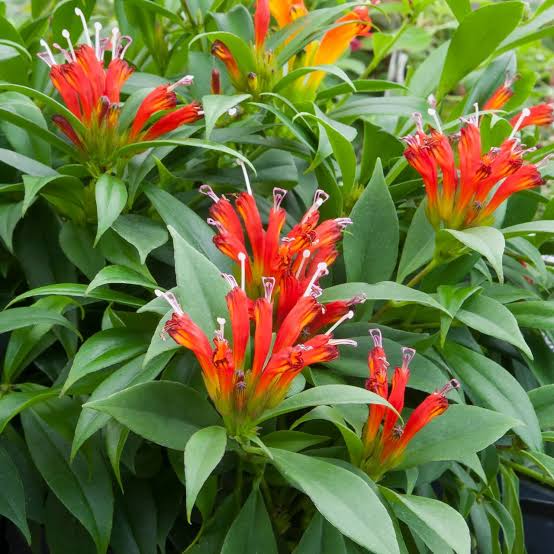
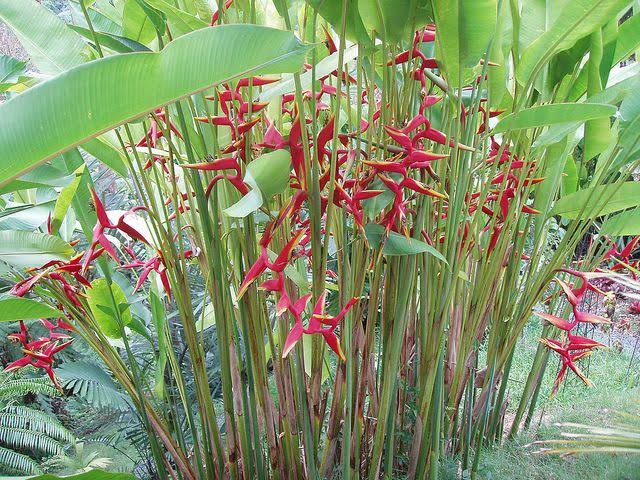
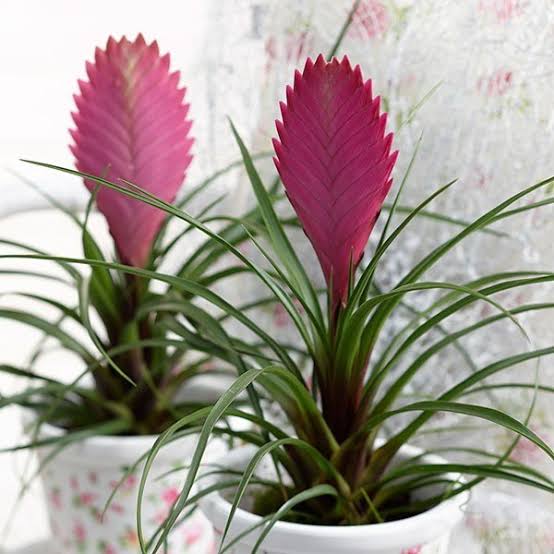
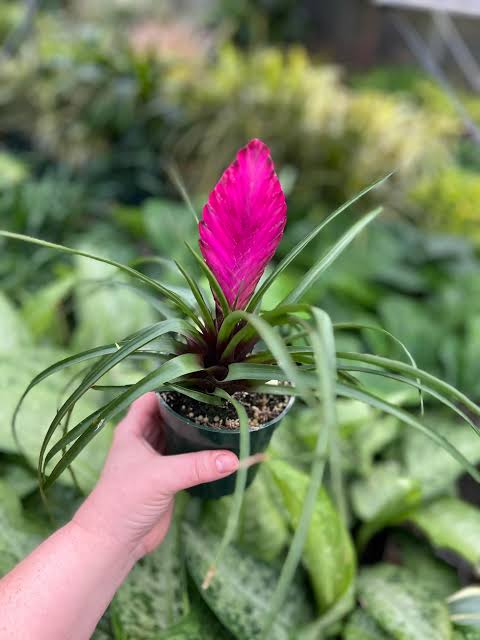
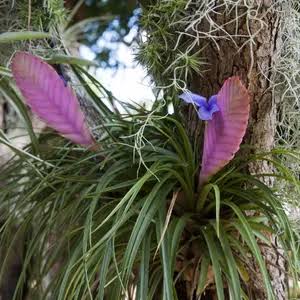
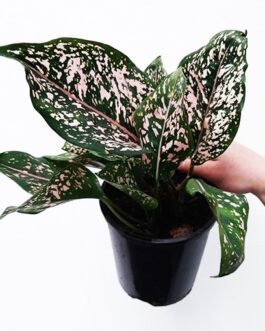
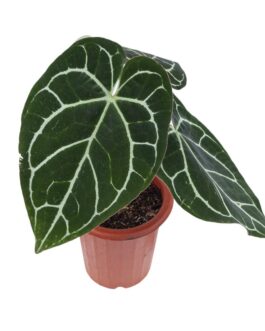
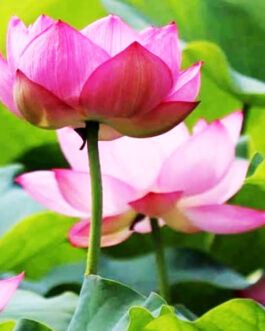
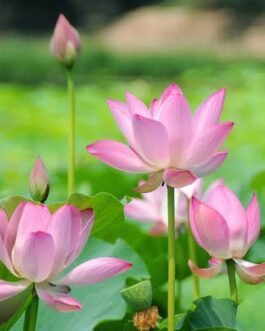
Reviews
There are no reviews yet.